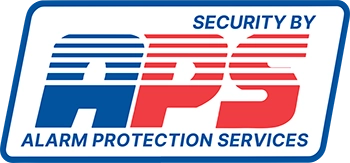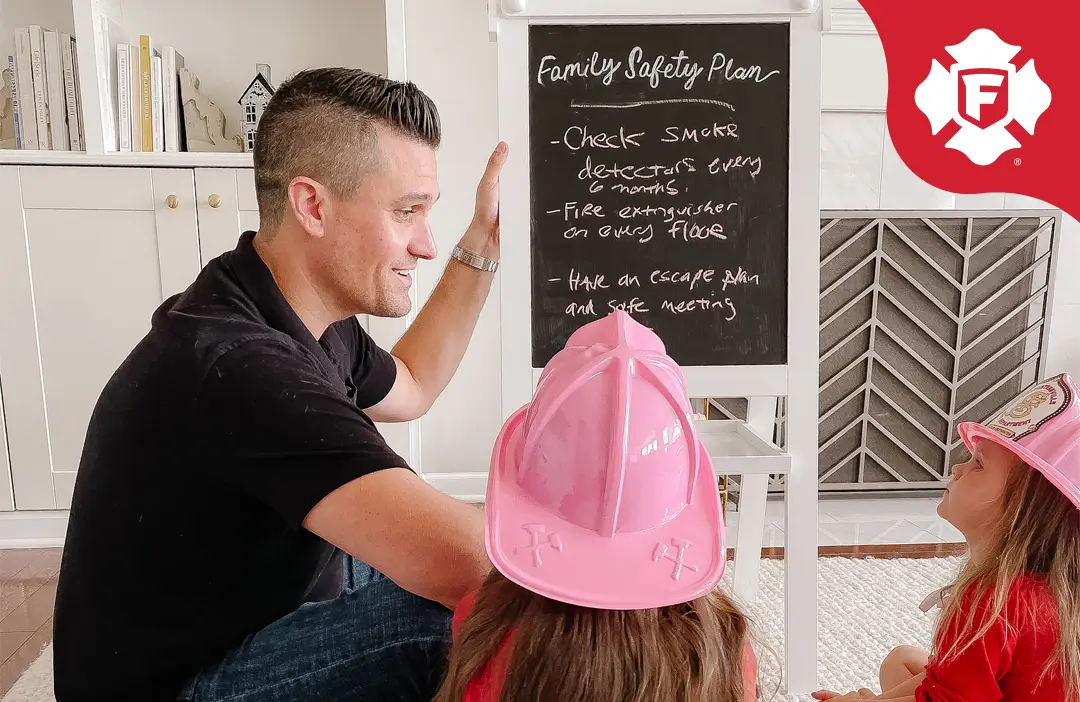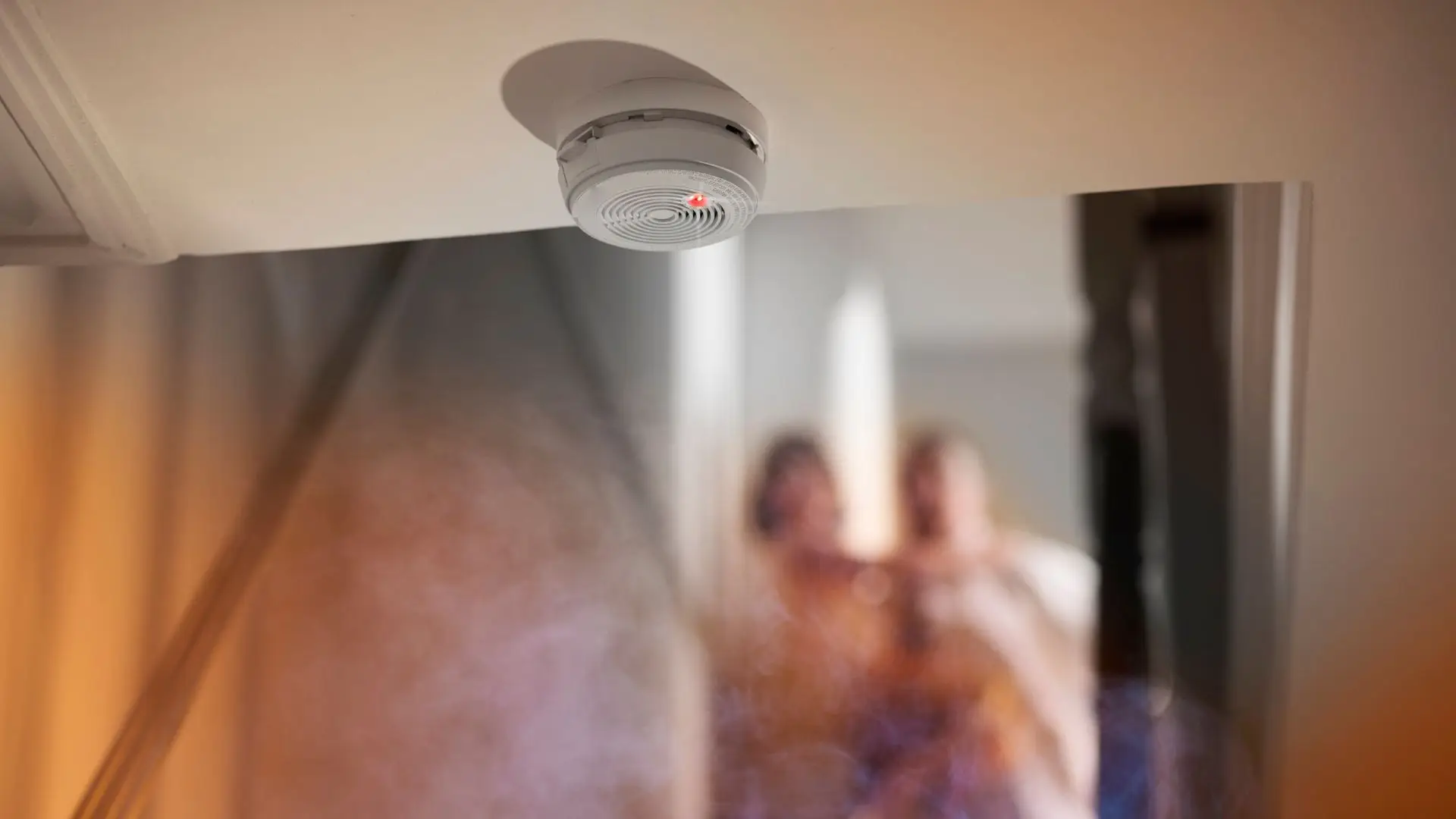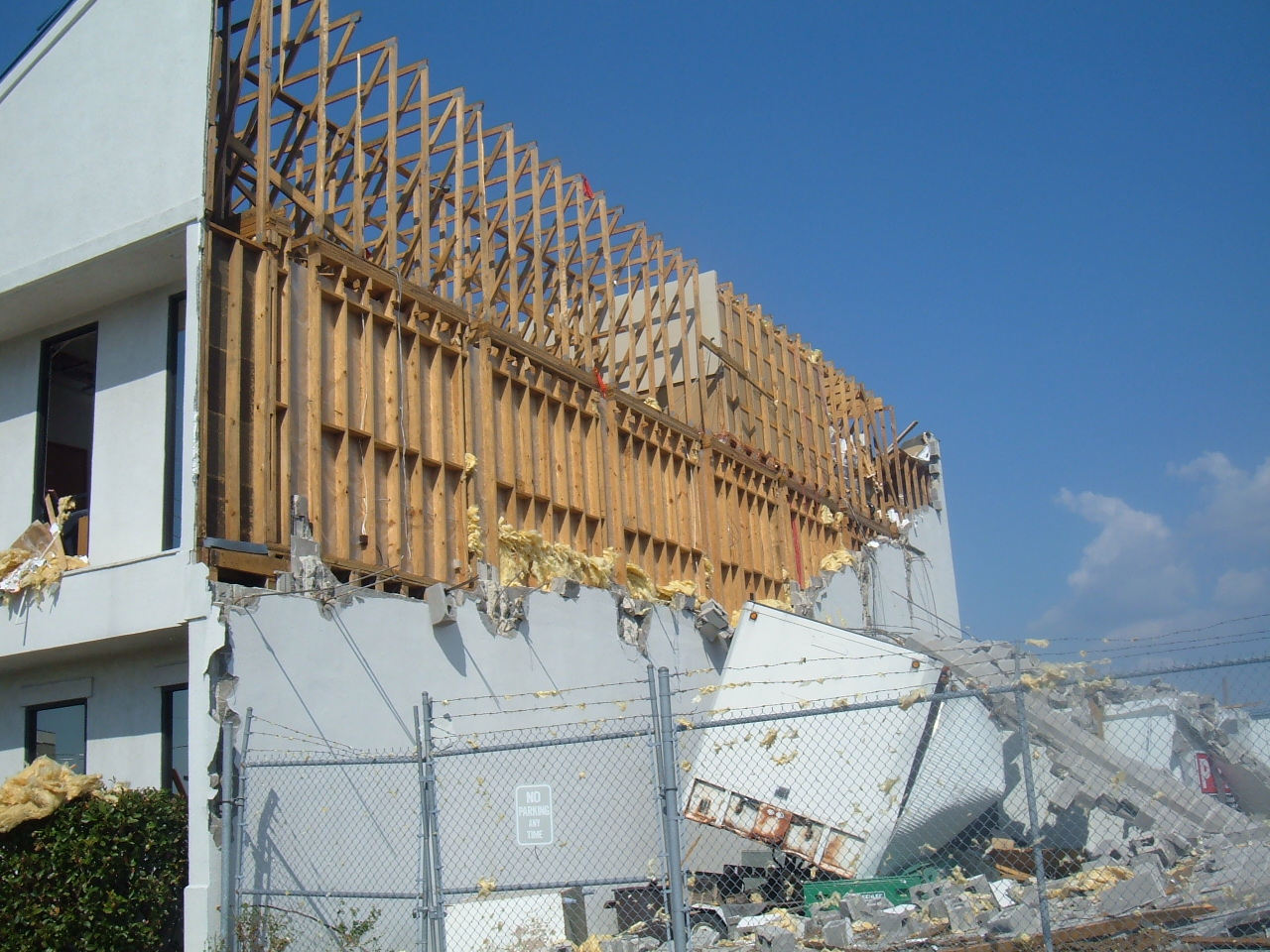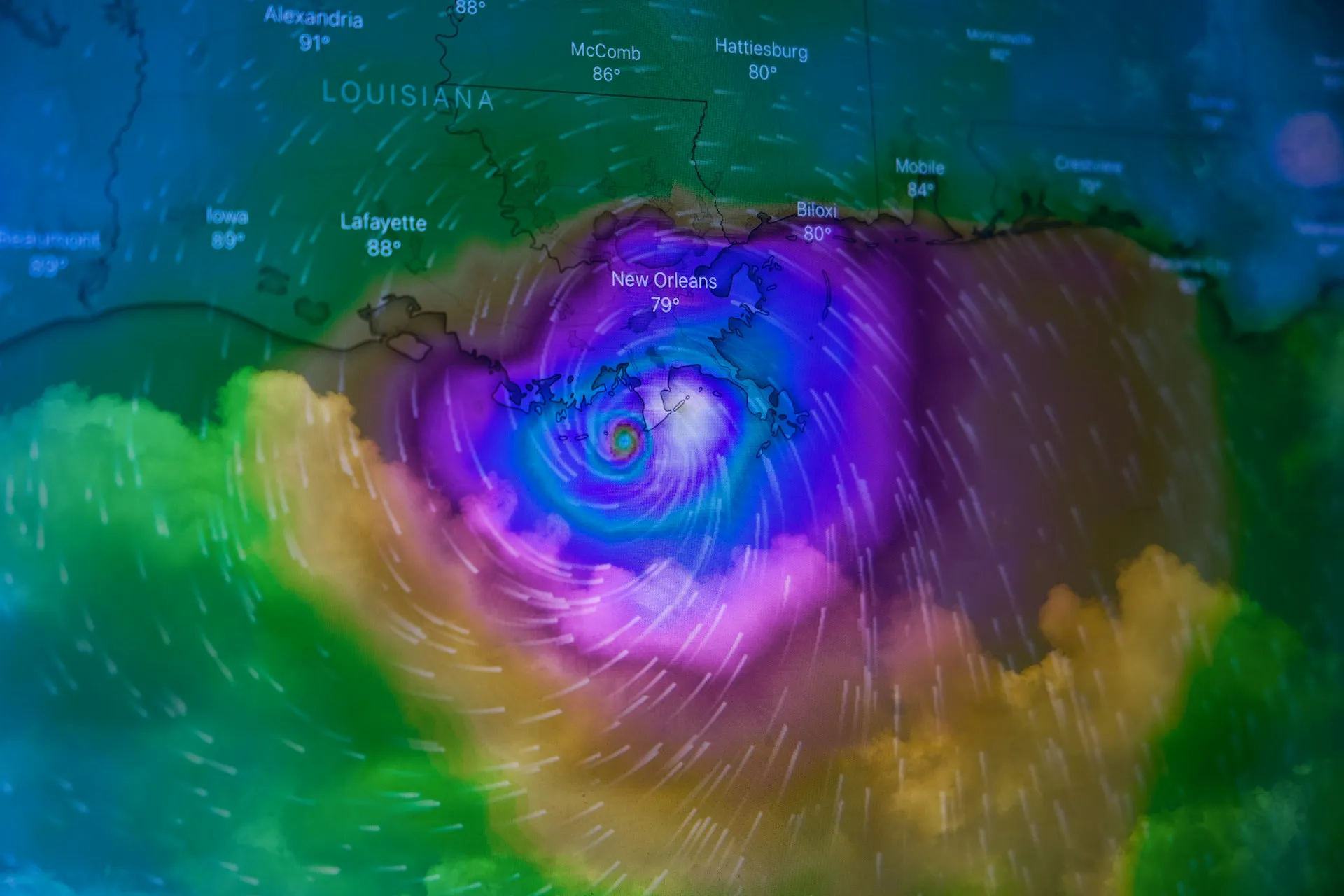Introduction
October is Fire Prevention Month, a time to raise awareness about the importance of fire safety measures. Whether you own a home or business, keeping your property safe from fire hazards is critical. APS is committed to protecting the people of New Orleans by offering expert fire protection services tailored for both residential and commercial properties. This guide will cover key safety tips to help you ensure your property is secure during Fire Prevention Month and beyond.
Table of Contents
- Smoke Alarms: Essential for Homes and Businesses
- Fire Escape Planning: Preparation for All Types of Properties
- Cooking and Electrical Safety: Minimize Risks
- Carbon Monoxide Detectors: A Necessity in Homes and Offices
- Fire Safety for Commercial Properties
- Conclusion: Protect Your Property with APS
- References
Smoke Alarms: Essential for Homes and Businesses
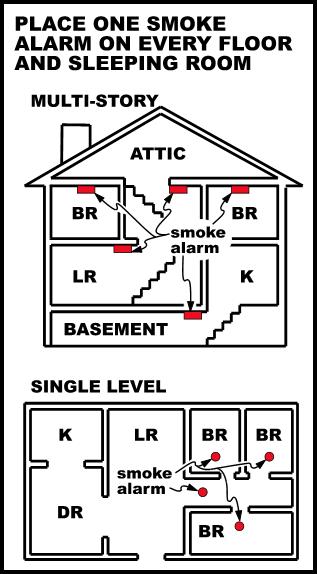
Smoke alarms are one of the most critical tools in fire safety, offering an early warning system that can save lives and property. For both homes and businesses, installing smoke alarms in key areas is crucial to minimizing the risk of fatal fires. According to the Louisiana State Fire Marshal (LASFM), homes equipped with smoke alarms experience a death rate that is 40-50% lower than homes without these life-saving devices. By detecting smoke early, alarms provide critical time for families and employees to evacuate safely.
Proper placement of smoke alarms is essential to ensure maximum protection. In homes, alarms should be installed in every bedroom, outside each sleeping area, and on every level of the home—including basements and attics, where fires can start undetected. Alarms should also be placed in areas like hallways, stairwells, and near the kitchen, as cooking is one of the leading causes of home fires.
For businesses, it’s equally important to ensure that smoke alarms are installed in operational areas such as offices, kitchens, storage rooms, and workshops, where fire risks may be higher. In larger commercial properties, interconnected smoke alarm systems can be invaluable. These systems trigger alarms throughout the building when one is activated, ensuring that everyone is alerted no matter where they are located. Additionally, many businesses benefit from monitored fire alarm systems, which automatically notify local fire departments, speeding up response times during emergencies.
Maintenance is key to keeping smoke alarms functional. Test smoke alarms monthly to ensure they are working properly, and change the batteries at least once a year—or as soon as you hear a low-battery warning chirp. Many modern alarms come with 10-year lithium batteries, offering longer-lasting protection with minimal upkeep.
For larger businesses, integrating advanced fire detection systems, including smoke alarms, carbon monoxide detectors, and fire extinguishing systems, is critical. APS specializes in installing and maintaining these systems for both residential and commercial properties, ensuring compliance with local fire codes and providing peace of mind for property owners.
Fire Escape Planning: Preparation for All Types of Properties
Whether you manage a home or business, having a clear fire escape plan can save lives. The NFPA recommends creating two escape routes from each room in your home or business, especially in case the main exit is blocked by fire.
For homes, practicing the escape plan with children, elderly family members, and those with disabilities is crucial. Check out this guide from Sparky Schoolhouse for planning escape routes with children.

In commercial settings, regular fire drills are essential to ensure employees know how to safely evacuate the building. Assigning fire wardens can help guide staff to exits, and businesses should ensure emergency exits are clearly marked and accessible. Fire escape plans should be reviewed and practiced regularly.
Cooking and Electrical Safety: Minimize Risks
Cooking-related fires are a leading cause of home and business fires. In homes, never leave cooking unattended, and always keep flammable items away from stoves. For businesses, especially restaurants or office break rooms, it’s important to have a designated fire extinguisher and ensure all cooking appliances are up to code.
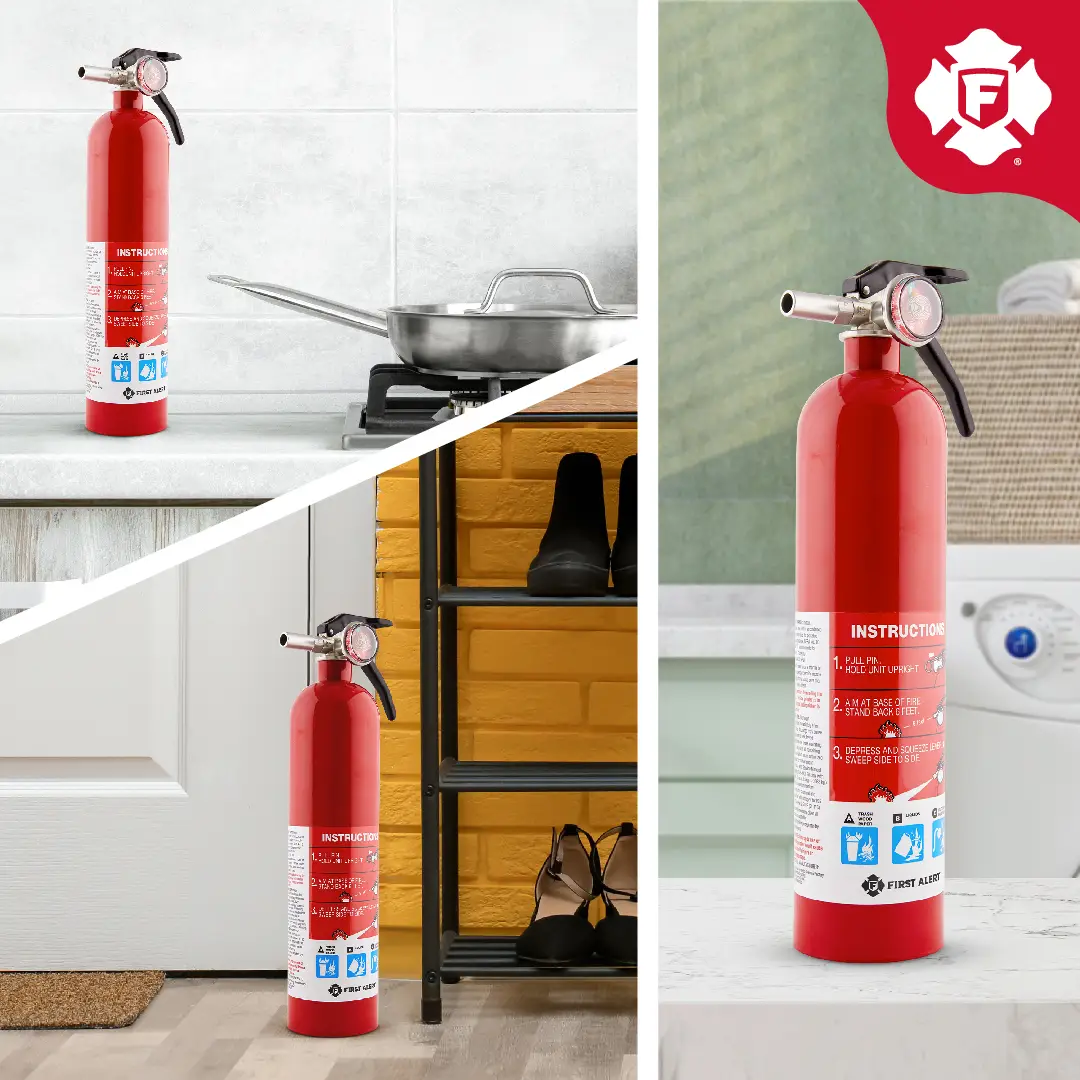
Additionally, maintaining safe electrical practices in both homes and commercial buildings is vital. Ensure electrical cords are not frayed, appliances are plugged directly into wall outlets, and circuits are not overloaded. For more details, see the USFA’s checklist on fire safety.
Carbon Monoxide Detectors: A Necessity in Homes and Offices
Carbon monoxide (CO) is an invisible, odorless gas that can be deadly. To protect your family or employees, install CO alarms on every level of your home or business. Alarms should be placed near bedrooms in homes, and in strategic areas like offices or commercial kitchens for businesses.
It’s crucial to replace carbon monoxide alarms every 7 years and test them regularly. During colder months, when heaters and furnaces are in use, the risk of CO poisoning increases, making CO detectors especially important. Learn more about CO alarm maintenance from the USFA.
Fire Safety for Commercial Properties
Businesses face unique fire risks that require more comprehensive safety measures. In addition to smoke alarms and escape plans, commercial properties should have fire suppression systems in place. These include sprinklers, fire extinguishers, and fire-resistant building materials.
For large commercial buildings, having a monitored fire alarm system is essential. These systems automatically alert fire departments, ensuring that help is on the way as soon as a fire is detected. It’s also important for businesses to comply with local fire codes and schedule regular inspections of their fire systems.
Conclusion: Protect Your Property with APS
Whether you’re safeguarding your home or business, fire prevention is a responsibility that cannot be ignored. APS offers fire protection services that include expert installation and maintenance of smoke alarms, fire alarms, and other critical safety systems. This Fire Prevention Month, ensure your property is secure by scheduling a consultation with APS today.
